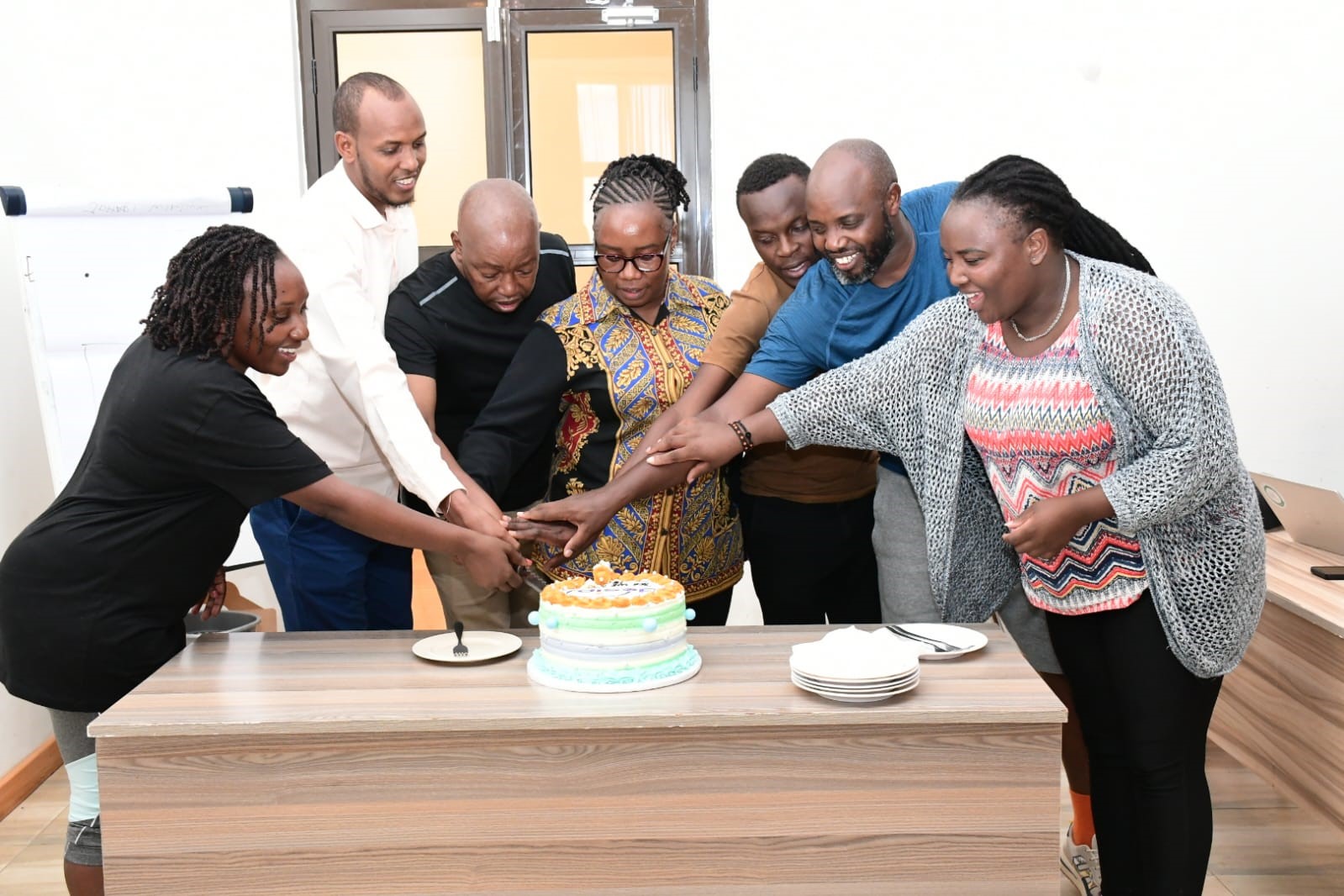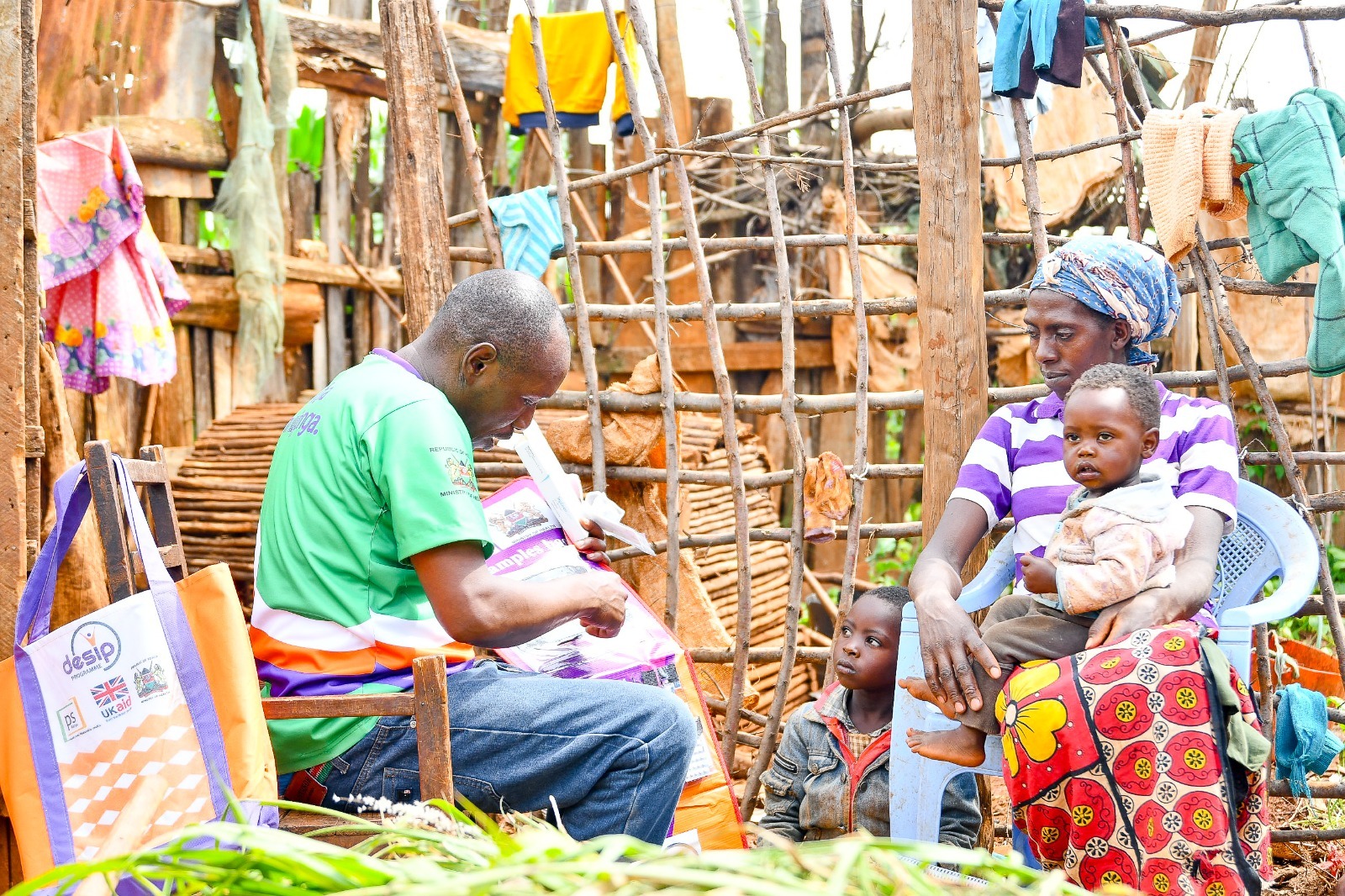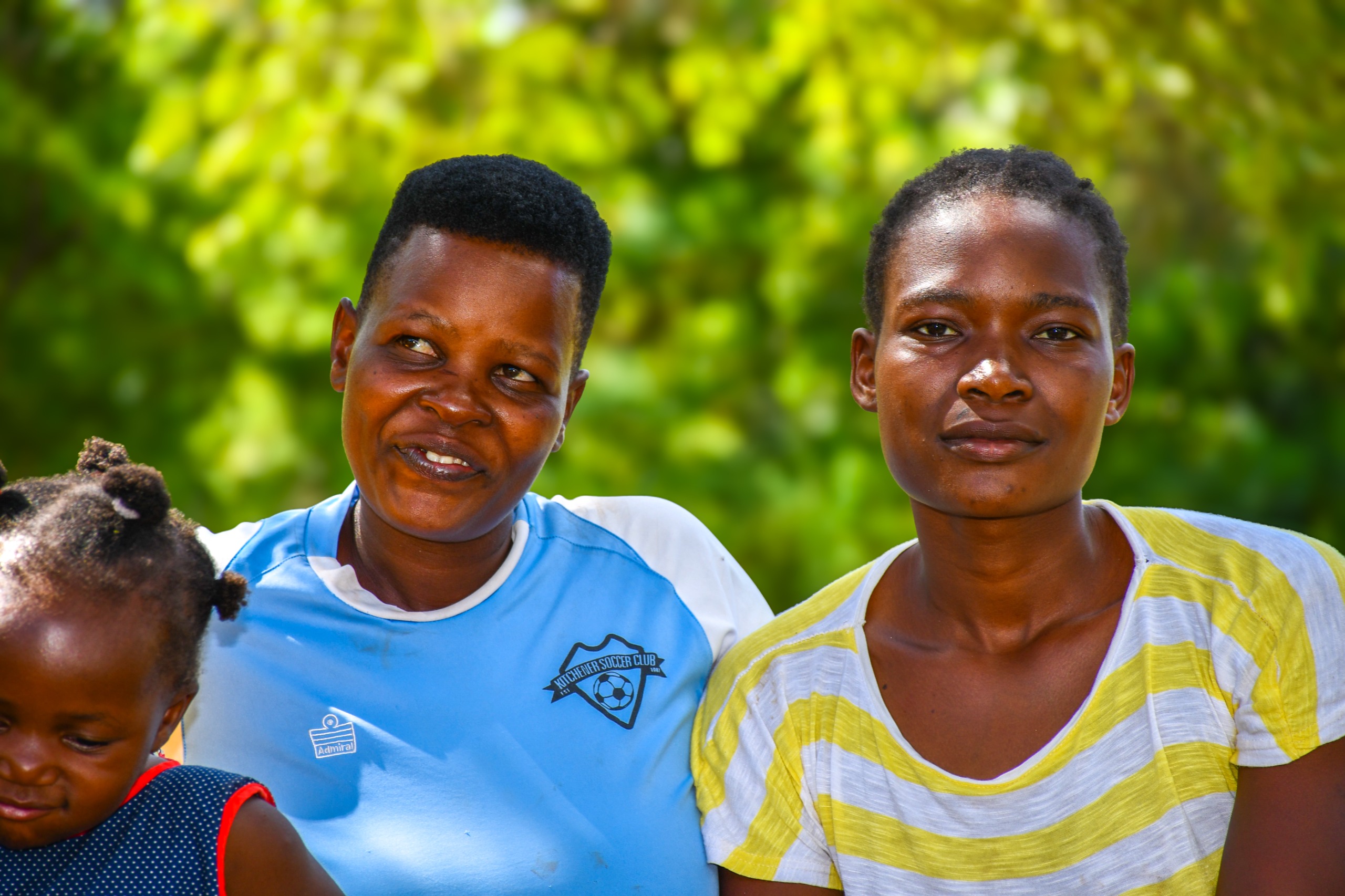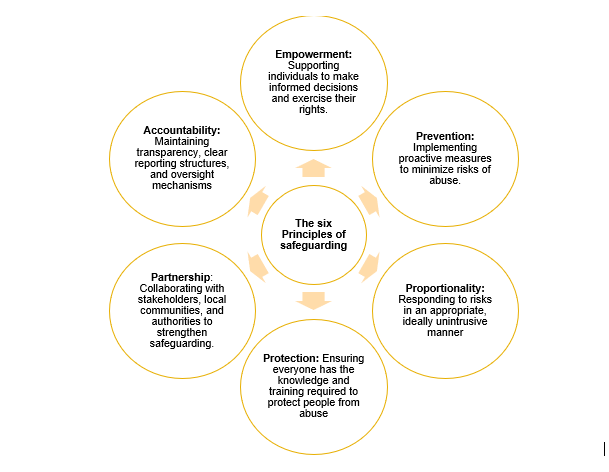PS Kenya recently held its quarterly review meeting for the Reproductive Health program, focusing on progress, challenges, and next steps in improving reproductive health services across the country. The meeting provided a platform for staff to reflect on achievements, address ongoing challenges, and strategize for future improvements in reproductive health service delivery.

In her opening remarks, Dr. Charlotte Pahe, the Director of Reproductive Health, acknowledged the team’s dedication and urged them to stay focused despite the conclusion of the DESIP programme.
DESIP, which initially operated in 19 counties before scaling down to 12 due to budget cuts, achieved significant milestones in increasing access to family planning services. The programme reached 132% of its target for providing contraceptive protection and played a key role in reducing unintended pregnancies and unsafe abortions.
“DESIP has laid a strong foundation for reproductive health services. While the programme has ended, it’s crucial that we maintain the structures and partnerships we built. We have a responsibility to ensure that the communities we’ve served continue to have access to quality care,” Dr. Pahe said. She also emphasized the importance of sustaining the gains made through DESIP, highlighting that the transition period requires strategic planning and consistent engagement with stakeholders to prevent gaps in service delivery. The team also reviewed the progress of other key programmes, including Accelerate and A360.
Accelerate showed strong performance in increasing awareness about reproductive health services and expanding outreach efforts. However, more effort is needed to address underlying issues such as gender-based violence and limited access to counseling services.
A360, which focuses on empowering young people to make informed reproductive health decisions, achieved 79% of its quarterly goals. Positive outcomes included greater engagement with community influencers and improved access to youth-friendly services. The Accelerate program reported that more young people are now aware of the different contraceptive options available, thanks to increased community outreach and peer-to-peer engagement. However, challenges remain in addressing social and cultural barriers that limit the uptake of services.
A panel discussion followed, where team members shared insights and recommendations for improving future programme performance. Key suggestions included enhancing community engagement through grassroots organizations, increasing visibility for ongoing programmes, and strengthening partnerships with county governments. The panel also highlighted the need for more financial support and innovative funding strategies to maintain the momentum of successful programmes.
One of the key takeaways from the panel was the importance of integrating reproductive health services into broader healthcare initiatives. This would ensure that family planning and other reproductive health services are not seen as standalone programmes but as part of comprehensive primary healthcare. Looking ahead, the team outlined a plan to sustain the gains made under DESIP while reinforcing the success of Accelerate, A360, and TIKO. Efforts will focus on improving data collection and analysis, increasing outreach to underserved areas, and developing targeted communication strategies to reach more people with reproductive health information and services. The meeting concluded with a shared commitment to building on the successes achieved so far expressing confidence in their ability to navigate challenges and deliver impactful results in the coming months.



